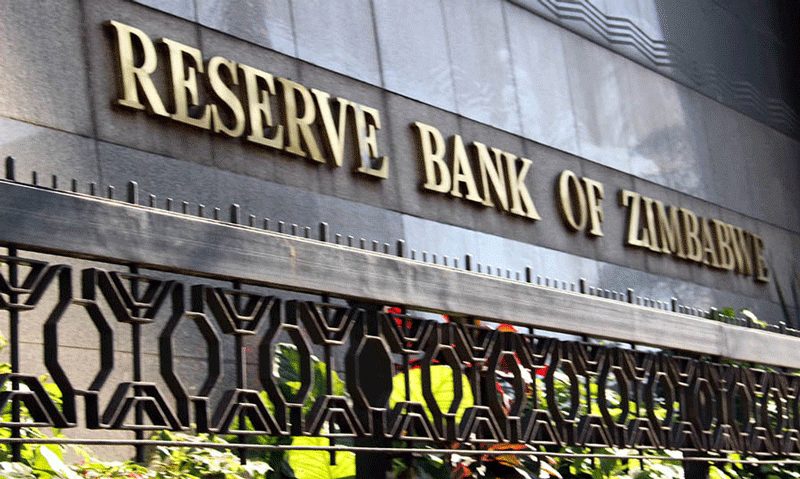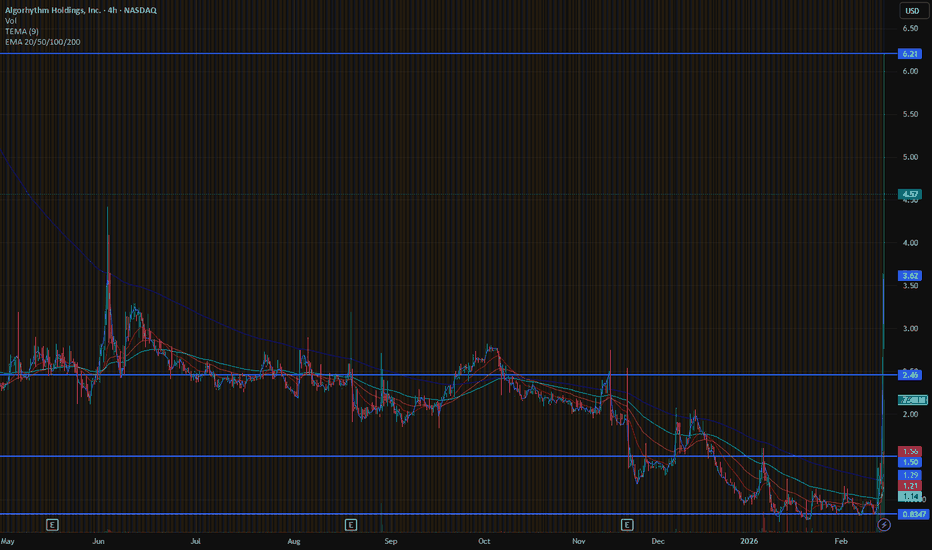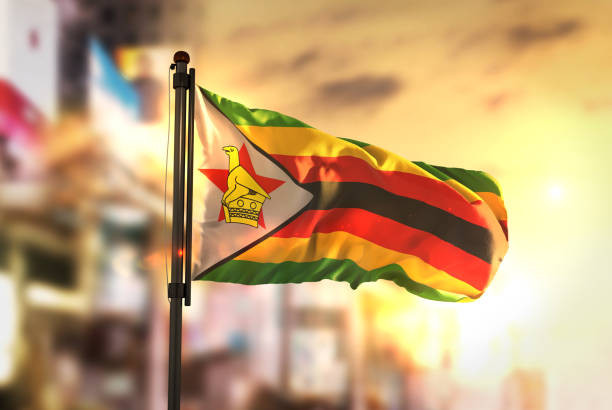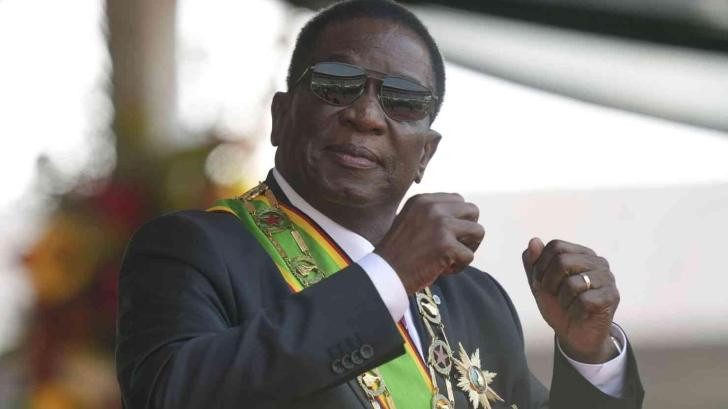
The devaluation of the Zimbabwe Gold (ZiG) currency by the Reserve Bank of Zimbabwe on Friday was another case of too little too late as the economy has already taken a battering because of the dithering by the monetary authorities.
Since introducing the ZiG in April to replace the RTGS in April, the central bank had pegged the local currency at an artificial rate of US$1 to 13.5.
On Friday it was forced to allow the ZiG to fall to 24.3 in an attempt to close the gap between the official and parallel market rates. The gap, however, remains huge between the two rates and this has taken a toll on formal business.
For example, the country’s biggest food manufacturer, National Foods, said: “The market remains limited in its ability to transact with the ZiG, with many key commodities such as fuel, power, raw materials, as well as human capital and certain statutory payments, mostly requiring settlement in USD.”
Businesses are forced to go into the parallel market to find foreign currency to fund their operations because they cannot get it from banks.
The economy has suffered for a long time as a result of the RBZ and by extension the government’s mismanagement of the foreign exchange market, which causes a lot of distortion.
According to the joint research by the World Bank and Confederation of Zimbabwe Industries whose findings were released early this month, Zimbabwe’s Treasury lost $3.15 billion in potential revenue between 2020 and 2023 due to its handling of the exchange rate.
The research titled The Fiscal Costs of Monetary and Exchange Rate Distortions in Zimbabwe showed that losses included $1.5 billion, which was lost to informalisation of the economy and additional losses attributed to the overvalued currency as well as payments that were hit by inflation.
- Awards target married couples
- Awards target married couples
- Rampaging inflation hits Old Mutual . . . giant slips to $9 billion loss after tax
- Monetary measures spur exchange rate stability: RBZ
Keep Reading
Researchers said these distortions, driven by inflation and an overvalued exchange rate, have significantly impacted tax revenue, industry growth and the informalisation of the private sector.
The RBZ and the government must allow the markets to determine the foreign currency exchange rate as it happens in other economies around the world.
Fixing the exchange rate has proven to be counterproductive in the long term and has caused the cycle of currency collapses and hyperinflation.
Poor citizens can no longer the costs of the currency volatility and must be protected by the monetary authorities through proactive decision making.










